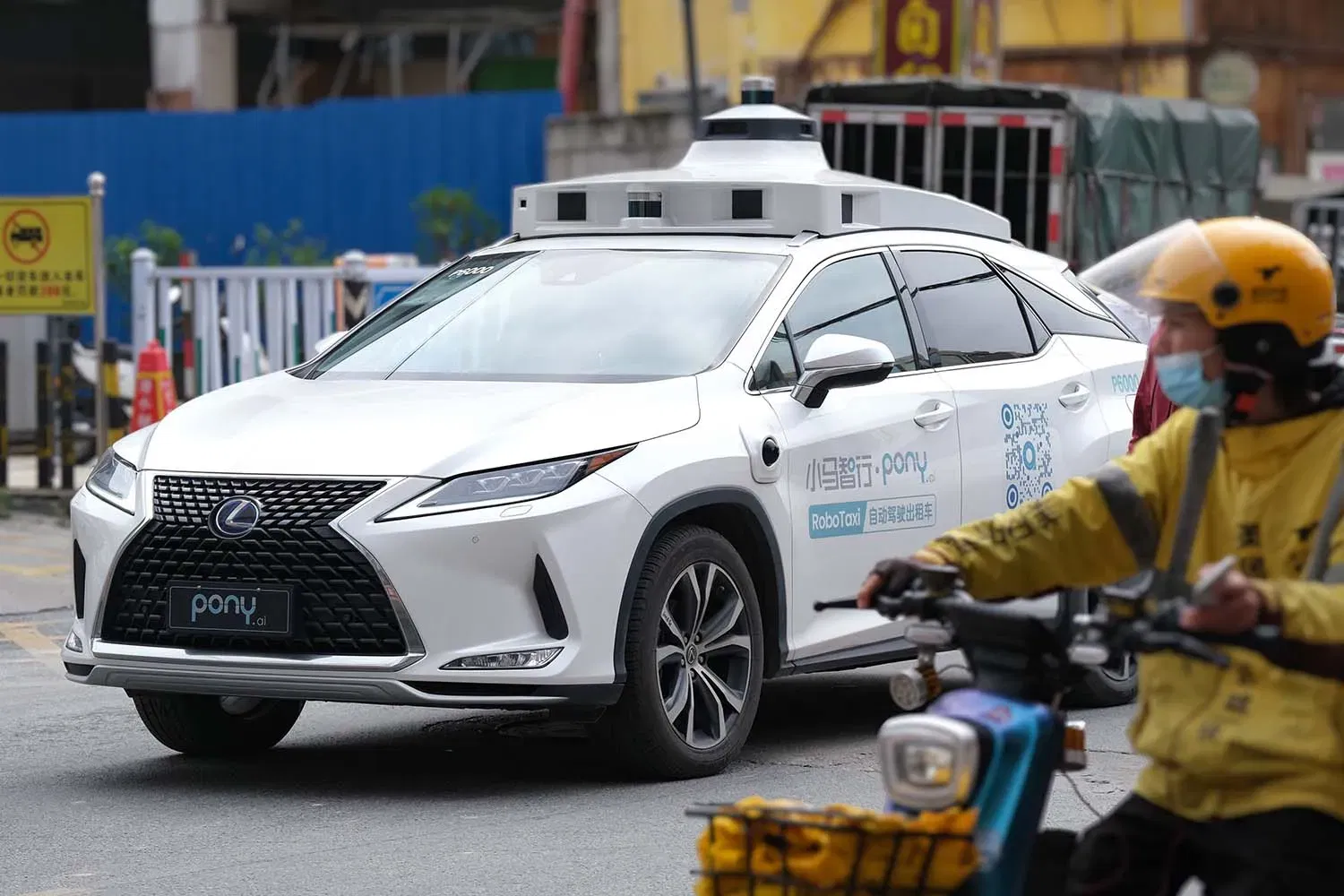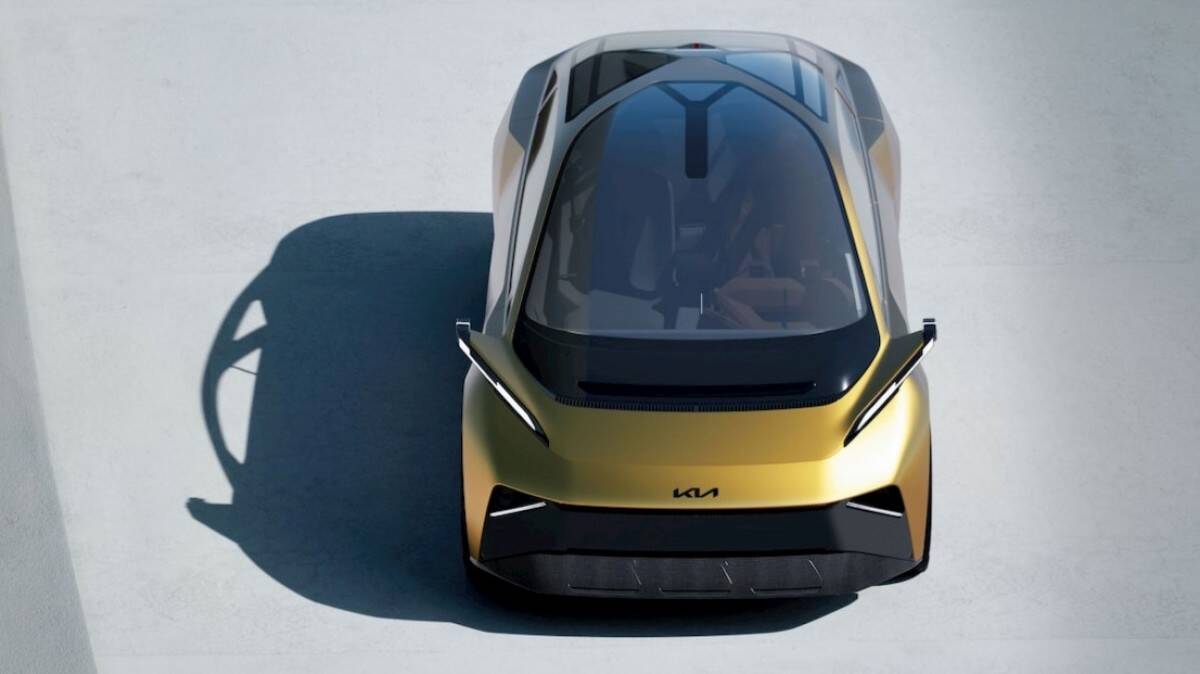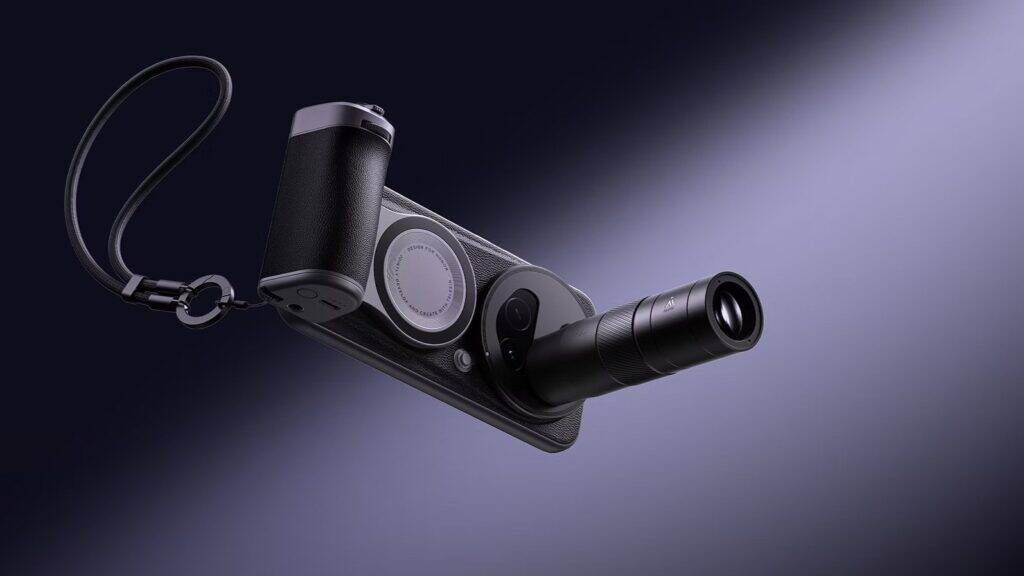Uber is actively seeking to gain market share in the robotaxi market in Europe and the Middle East through partnerships with Chinese companies

This week, the company announced its third collaboration with a Chinese drone car manufacturer, underscoring Uber’s ambitions in the burgeoning robotaxi sector.
On Tuesday, Uber announced a partnership with Guangzhou-based Pony AI, which went public on the Nasdaq exchange late last year at a $5.25 billion valuation. The partnership aims to launch robotaxi services on Uber’s platform in a “key market in the Middle East” as early as later this year.
The partnership is aimed at launching robotaxi services on Uber’s platform in a “key market in the Middle East” later this year.
This collaboration with Pony comes just a day after Uber announced two other strategic partnerships with Chinese firms, Momenta and WeRide. Uber plans to launch robotaxis on its app in Europe by 2026 with Momenta, and with WeRide to expand its presence in 15 cities in the Middle East and Europe over the next five years. As a reminder, Uber and WeRide have already launched a commercial robotaxi service in Abu Dhabi.
These deals with Pony, Momenta and WeRide add to Uber’s growing list of more than 15 partnerships in unmanned vehicles for cab, delivery and trucking. Most of these partners are in the US, including giants such as Waymo and May Mobility, although there are also a few UK companies such as Wayve.
In the face of competition from companies such as Tesla – which plans to launch its first robotaxi service in Austin as early as next month – as well as pressure from federal investigations into alleged misleading subscription practices and an expected decline in consumer spending by 2025, Uber is keen to show investors its potential for further growth.
At the same time, Uber is looking to demonstrate to investors that it can continue to grow.
Collaborating with Chinese companies could be the strategically right move to achieve that growth. Chinese drone car companies are already actively entering international markets. WeRide, for example, provides commercial services not only in Beijing and France, but is also testing in several other markets across China and Europe. Pony AI offers paid robotaxi rides in three Chinese cities and recently began testing its services in Luxembourg.
Pony AI is also offering paid robotaxi rides in three Chinese cities and has recently begun testing its services in Luxembourg.

The partnership with Pony opens up new opportunities for Uber in the Middle East market. The company already has a strong foothold in countries such as the United Arab Emirates, Saudi Arabia and Jordan – a presence that has been strengthened following the acquisition of local rival Careem in 2019.
In a press release, Pony said it intends to scale the rollout of its services in additional international markets through its partnership with Uber.
As with other Uber launches, customers will be able to order rides in unmanned vehicles through the company’s app. In the initial pilot phase, a security operator will be inside the vehicles until the full commercial launch.
At the beginning of the pilot, a security operator will be inside the vehicles until the full commercial launch.
Uber’s first-quarter earnings report is also expected this week, which could shed light on the company’s growth plans, including its intention to acquire a majority stake in the Turkish food delivery company and strategies for overcoming current challenges.
The story Uber is aggressively seeking to gain market share in the robotaxi market in Europe and the Middle East by partnering with Chinese companies was first published on ITZine.ru.








